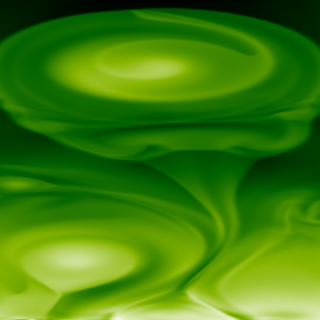Bibcode
Yelles Chaouche, L.; Cheung, M. C. M.; Solanki, S. K.; Schüssler, M.; Lagg, A.
Bibliographical reference
Astronomy and Astrophysics, Volume 507, Issue 3, 2009, pp.L53-L56
Advertised on:
12
2009
Journal
Citations
15
Refereed citations
12
Description
Aims: We study the observational signature of flux emergence in the
photosphere using synthetic data from a 3D MHD simulation of the
emergence of a twisted flux tube. Methods: Several stages in the
emergence process are considered. At every stage we compute synthetic
Stokes spectra of the two iron lines Fe I 6301.5 Å and Fe I 6302.5
Å and degrade the data to the spatial and spectral resolution of
Hinode's SOT/SP. Then, following observational practice, we apply
Milne-Eddington-type inversions to the synthetic spectra in order to
retrieve various atmospheric parameters and compare the results with
recent Hinode observations. Results: During the emergence
sequence, the spectral lines sample different parts of the rising flux
tube, revealing its twisted structure. The horizontal component of the
magnetic field retrieved from the simulations is close to the observed
values. The flattening of the flux tube in the photosphere is caused by
radiative cooling, which slows down the ascent of the tube to the upper
solar atmosphere. Consistent with the observations, the rising
magnetized plasma produces a blue shift of the spectral lines during a
large part of the emergence sequence.
Figure 3 is only available in electronic form at http://www.aanda.org
Related projects

Numerical Simulation of Astrophysical Processes
Numerical simulation through complex computer codes has been a fundamental tool in physics and technology research for decades. The rapid growth of computing capabilities, coupled with significant advances in numerical mathematics, has made this branch of research accessible to medium-sized research centers, bridging the gap between theoretical and
Daniel Elías
Nóbrega Siverio